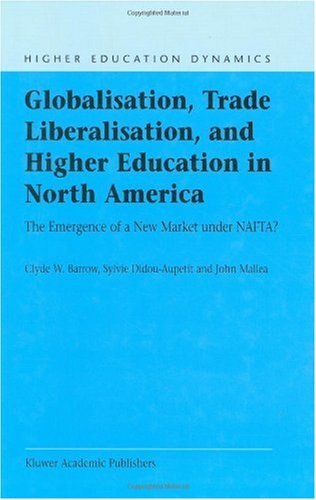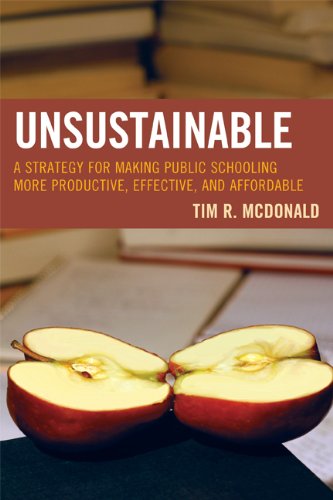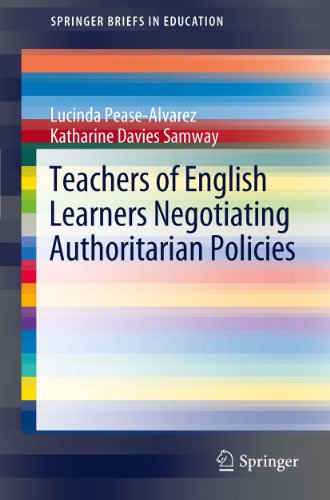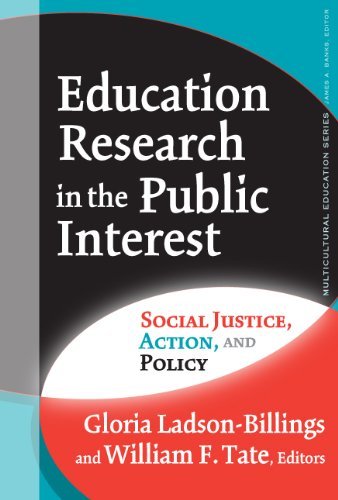
By Gary R. Howard
Making a case for the “fierce urgency of now,” this new version deepens the dialogue of race and social justice in schooling with new and up-to-date fabric. Aligned with our nation’s ever extra varied scholar inhabitants, it speaks to what stable lecturers recognize, what they do, and the way they embody culturally responsive educating. This crucial textual content is accepted in instructor training classes and for in-service specialist development.
New for the 3rd Edition:
- A revised creation that locations the ebook within the context of the fiftieth anniversary of the 1963 march on Washington.
- An up to date research of White social dominance, bringing in serious Race concept and reflecting at the racist response to the election of our first Black President.
- More aspect to the White identification Orientations version, bringing within the own lifestyles stories of a number of modern White racial-justice activists.
- A new part, “The Whiteness of college Reform,” demonstrating how White social dominance drives a lot of the company college reform movement.
- A richer dialogue of the seven rules for Culturally Responsive instructing, drawing classes from the author’s transformative paintings with institution districts during the country.
- An extended mirrored image and dialogue advisor authored through educators who've been utilizing the ebook in expert improvement classes for a few years.
“More academics have to learn this publication, extra colleges have the desire to make certain it really is of their libraries, and extra schools of schooling have to comprise it as needed reading.”
—From the Foreword by way of Sonia Nieto, collage of Massachusetts at Amherst
“This 3rd variation deepens the severely unsleeping framework it presents to help the advance of powerful, culturally proper, and responsive educators.”
—Christine Clark, college of Nevada, Las Vegas
Critical popularity of We Can’t educate What We Don’t Know!
“Offers a therapeutic imaginative and prescient for the way forward for schooling in pluralistic nations.”
—Rethinking Schools
“An critical source for somebody suffering to appreciate the position that Whites play in multicultural education.”
—Teaching Tolerance
“This paintings essentially merits the enthusiastic compliment it gets from significant multicultural thinkers akin to James Banks, Sonia Nieto, and Christine Sleeter.”
—Journal of ethical Education
Read Online or Download We Can't Teach What We Don't Know: White Teachers, Multiracial Schools (Multicultural Education Series) PDF
Similar education policy books
This examine is the 1st attempt to rfile the level of NAFTA's influence on better schooling. via case experiences, the authors research greater schooling coverage in Canada, Mexico, and the united states utilizing a typical theoretical framework that identifies financial globalization, overseas alternate liberalization, and post-industrialization as universal structural elements exerting an important effect on larger schooling within the 3 nations.
UNSUSTAINABLE frames the matter of expense and effectiveness in AmericaOs public education process, and gives a technique to deal with it. It argues anything that many schooling pros and coverage makers have come to think yet not often point out: That this countryOs approach of K-12 education isn't sustainable and is turning into a poorer price every year that is going through.
Teachers of English Learners Negotiating Authoritarian Policies (SpringerBriefs in Education)
To be able to opposite the purported predicament in U. S. public faculties, the government, states, districts have mandated regulations that desire standardized methods to instructing and evaluation. to that end, lecturers were hoping on teacher-centered educational techniques that don't think about the desires, stories, and pursuits in their scholars; this can be really suggested with English freshmen (ELs).
Acclaimed African American pupil and instructor educator Gloria Ladson-Billings examines the sector of instructor schooling throughout the accomplishments and contributions of famous African American instructor educators—Lisa Delpit, Carl supply, Jacqueline Jordan Irvine, Geneva homosexual, Cherry McGee Banks, William Tate, and Joyce King.
- Teacher Education in a Transnational World
- Problems In Education Ils 232 (International Library of Sociology)
- School Leadership Effects Revisited: Review and Meta-Analysis of Empirical Studies (SpringerBriefs in Education)
- Schule und Mehrsprachigkeit (German Edition)
Extra resources for We Can't Teach What We Don't Know: White Teachers, Multiracial Schools (Multicultural Education Series)
Example text



